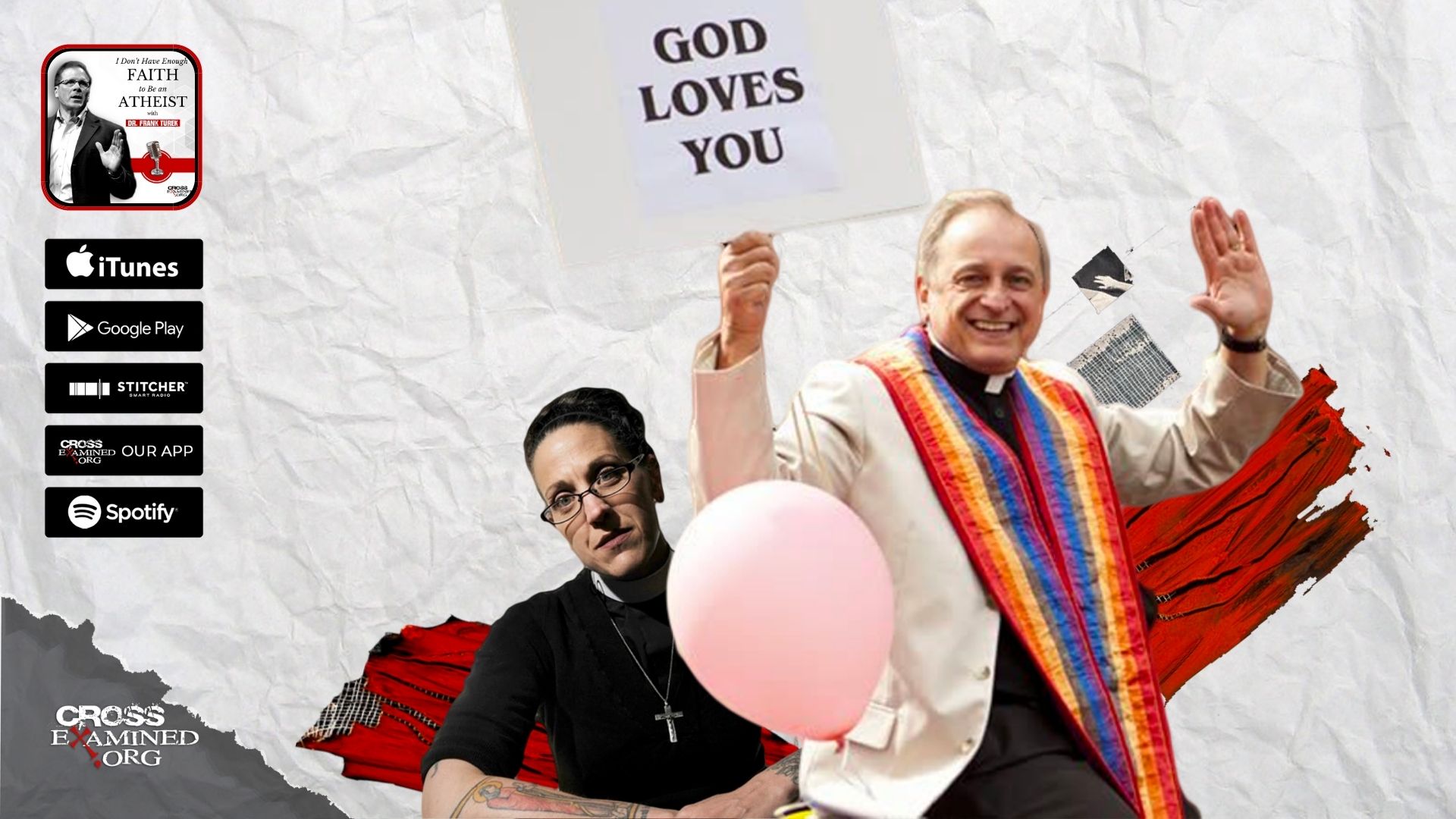It seems that every few years, Christians must deal with a new cultural narrative about who Jesus is and what He came to do. Contextualizing turns into syncretism. Jesus’s name is mixed in with the “gods” of the people. Suddenly we have different versions of Jesus made to fit contemporary expectations, more palatable to the masses. White Jesus. Hippie Jesus. Activist Jesus. And now, refugee Jesus.
Let me be clear: I think people’s intentions can be pure. People are trying to do the right thing bringing Jesus to our level. But making God in our own image or in the image of the culture has long-term ramifications that don’t end well and muddle the identity of Jesus and the Gospel.
Forget that He was a monotheistic Jewish Middle Easterner, following the Law of Moses, who claimed to be God in the flesh and died for the sins of mankind.
Bor-ing. We need a new Jesus. A relevant Jesus. A Jesus that gets us.
How to Contextualize
I have no problem with Christians helping people understand who Jesus is and why He came, especially for those who don’t understand or might have a wall up to His teachings. I’ve seen Christians wisely use the cultural times to their benefit. But this is always done in context with the Bible and who Jesus actually is. Hence, where we get the word “contextualization.” We’re not settling for partial truths and political bias, but seeking the whole truth and correcting bias. Paul was probably the best example of this. He says in 1 Corinthians 9:20-22:
“To the Jews I became like a Jew, to win the Jews. To those under the law I became like one under the law (though I myself am not under the law), so as to win those under the law. To those not having the law I became like one not having the law (though I am not free from God’s law but am under Christ’s law), so as to win those not having the law. To the weak I became weak, to win the weak. I have become all things to all people so that by all possible means I might save some.” (NIV)
Notice something: Paul met people where they were at without compromising what was true about Jesus. This is brilliant. He sought to understand so he could be understood.
He did not make Jesus a Gentile to win gentiles. He did not make Jesus a sinner to win sinners. He did not make Jesus a politician to win at politics.
Get Out of Your Echo Chamber
There’s a big difference. We need to identify with the culture on some level when it comes to preaching the Gospel. I repeatedly see people refusing to leave their echo chambers to reach the lost. It’s as if they’re set in their ways and are almost cynical to the “youngins” and their weird hair, clothes, and language. We need to seek to understand the culture to reach them. But we don’t do this by deceiving people. Jesus was not an immigrant or a refugee as we’d see it today. As a child, Scripture records Him and His family fleeing from one part of the Roman Empire to another. But He returned home. Refugees find refuge in another country because they don’t or can’t return home. People conflate this story in Jesus’ childhood with our understanding of refugees today. It’s like nobody seeks to understand Jesus’s story. They exaggerate this to make Him culturally relevant today. We make it about us instead of Him.
Repent for the Kingdom of Heaven is At Hand
He cared for the poor, helped the hungry, and healed the sick. But that’s not ultimately why He came. He came to save souls and tell people to repent of their sins. Yes, Jesus invited everyone to the table, but the problem is that not everyone wants to sit with Him! John 3 says that people love their darkness. They don’t want to come to light, to Jesus, because their sins would be exposed. This is the heart of humanity. It’s not like Jesus is saying, “come sit at the table and stay who you are because there’s no judgment here!” No. He confronted people like you and me with hard truths. He cared about you changing. He cared more for your heart than just your outward actions. Would we sit at the table with Jesus if we knew He would look deep into our soul and know our darkest sins and He would call us to repent from them? This is a more challenging Jesus for the masses to accept, but this is nothing new.
It seems rather anachronistic to think of Jesus as some sort of social justice warrior. Activism, as we know it today, would make no sense to Jesus back then. So, when we cram Jesus’s 1st-century culture into our 21st-century world, we drastically change His message. He isn’t our political mascot. He’s The Son of God, the Lord of all.
Recommended Resources Related to this Topic
Legislating Morality: Is it Wise? Is it Legal? Is it Possible? by Frank Turek (Book, DVD, Mp3, Mp4, PowerPoint download, PowerPoint CD)
Was Jesus Intolerant? (DVD) and (Mp4 Download) by Dr. Frank Turek
Jesus vs. The Culture by Dr. Frank Turek DVD, Mp4 Download, and Mp3
Letters to a Young Progressive by Mike Adams (Book)
Another Gospel? by Alisa Childers (book)
When Reason Isn’t the Reason for Unbelief by Dr. Frank Turek DVD and Mp4
____________________________________________________________________________________________________________________________________________________
Melissa Dougherty is a Christian Apologist best known for her YouTube channel as an ex-new ager. She has two associate’s degrees, one in Early Childhood Multicultural Education, and the other in Liberal Arts. She also has a bachelor’s degree in Religious Studies at Southern Evangelical Seminary.






